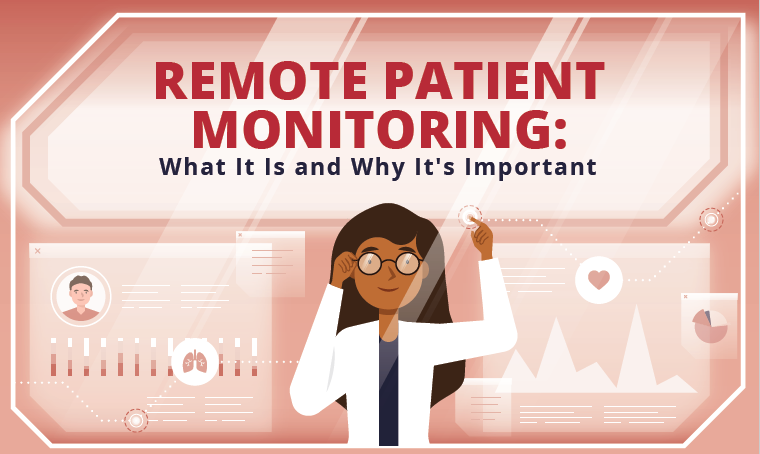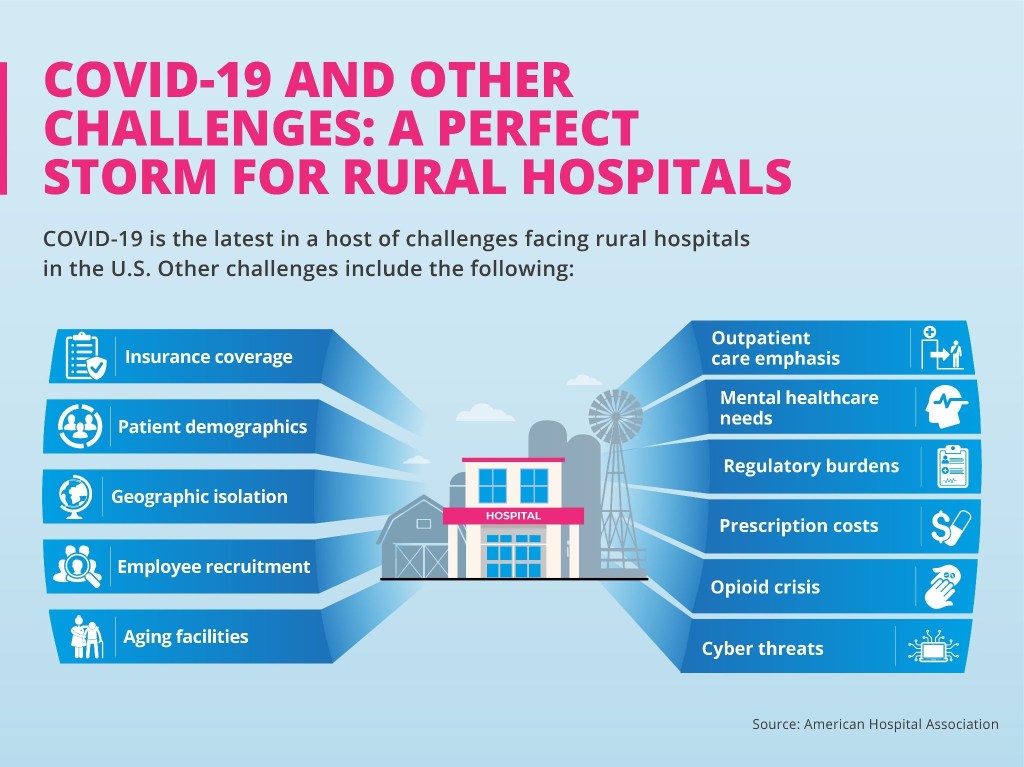
For hundreds of years, scientists and researchers have been on the hunt for a cancer cure, making astounding advances in treatment along the way. Expanded clinical trials have helped researchers explore the potential of precision medicine and develop alternatives to chemotherapy for cancer patients. To learn more about advances in cancer treatment, check out the infographic below, created by Maryville University’s online Master of Health Administration. Clinical Trial Improvements Clinical trials are conducted to observe the effects and results of a newly developed drug, surgical procedure, or behavioral intervention. History of Modern Clinical Trials In 1906, President Theodore Roosevelt signed […]









